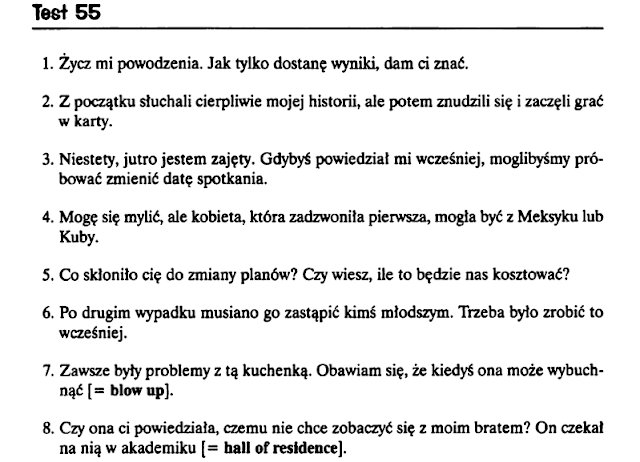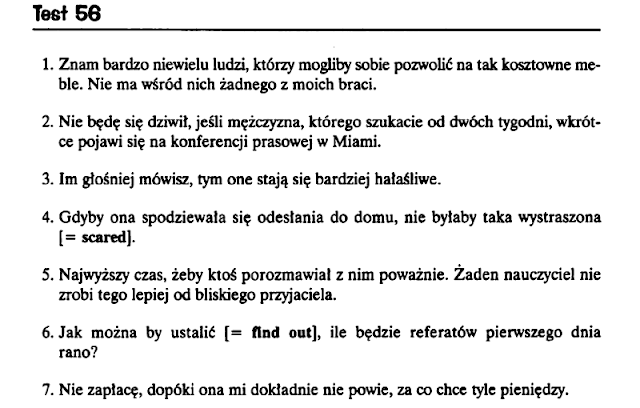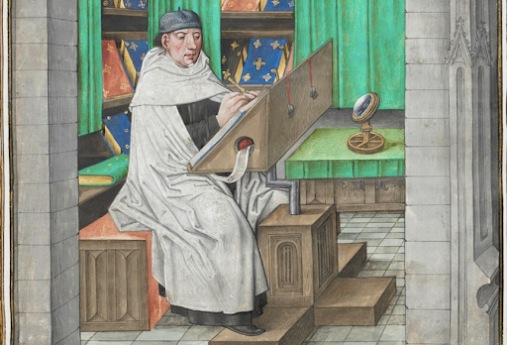KE / UJ ISI English HL 1 & 2 (Weeks 1 & 2)
Welcome Back !
1. Review of syllabi (cf. blog post "Criteria")
Writing: texts which will be covered this academic year:
- Narrative
- Article
- Official Report
- Diary
- Blog Post
For Shits and Giggles Translation Review: Krzyzanowski OJA
Short Stories: Story of an Hour and Désirée's Baby by Kate Chopin America's "Protofeminist"
Group 1
Look at the names in the story: Desiree, La Blanche, L’Abri. What is the associated meaning of each name and how does that relate to the story?
Examine the character of Armand. Is he pitiable or not? What motivates him? What is his background? Does he have a choice at the end of the story regarding Desiree and the baby?
Group 2
Identify the 3 main colors in the story. Who is associated with each of the colors and what is the significance?
In this story, Chopin is encouraging a discussion of gender roles. Based on the character of Desiree, what conclusions can you draw about a woman’s place in society?
Group 3
Argue whether or not Armand loves Desiree. Support your answer with specific textual references.
Project how you believe Armand will feel after the conclusion of the story. Why do you believe this to be true?
Story of an Hour:
https://drive.google.com/file/d/1wlF3bP5ikOaidrk1--Iz3DQ3dZTFg3CC/view?usp=sharing
Discussion Questions:
1. What is the nature of Mrs. Mallard's "heart trouble," and why would the author mention it in the first paragraph? Is there any way in which this might be considered symbolic or ironic?
2. The setting of the story is very limited; it is confined largely to a room, a staircase, and a front door. How does this limitation help to express the themes of the story?
3. In what ways is this passage significant? "She could see in the open square before her house the tops of trees that were all aquiver with the new spring life. The delicious breath of rain was in the air. In the street below a peddler was crying his wares. The notes of a distant song which some one was singing reached her faintly, and countless sparrows were twittering in the eaves." What kinds of sensory images does this passage contain, and what senses does it address? What does the vision through the open window mean to her? Where else does she taste, smell, or touch something intangible in the story?
4. What kind of relationships do the Mallards have? Is Brently Mallard unkind to Louise Mallard, or is there some other reason for her saying "free, free, free!" when she hears of his death? How does she feel about him?
5. Mrs. Mallard closes the door to her room so that her sister Josephine cannot get in, yet she leaves the window open. Why does Chopin make a point of telling the reader this? How might this relate to the idea of being "free" and to the implicit idea that she is somehow imprisoned? Do other words in the story relate to this idea?
6. What does Josephine represent in the story? What does Richards represent?
7. Mrs. Mallard is described as descending the stairs "like a goddess of Victory." In what ways does she feel herself victorious?
8. The last line of the story is this: "When the doctors came they said she had died of heart disease-of joy that kills." In what ways is this an ironic statement? What is gained by having the doctors make such a statement rather than putting it in the mouths of Josephine or Richards?
9. What view of marriage does the story present? The story was published in 1894; does it only represent attitudes toward marriage in the nineteenth century, or could it equally apply to attitudes about marriage today?
Hilarious, low-budget version: https://www.youtube.com/watch?v=ofAiwejmMqo
_______________________________________________________________________________
Vocabulary: Vague Language
http://willis-elt.co.uk/wp-content/uploads/2015/03/3VagueLanguage.pdf
Short Story: An Almost Perfect Crime by William F. Smith
https://drive.google.com/file/d/1eg-mhicoF_YBb4XIA0B0BMTBhbA46TZ2/view?usp=sharing
IN-CLASS ACTIVITY / HOMEWORK: Plan your own crime.














Comments
Post a Comment